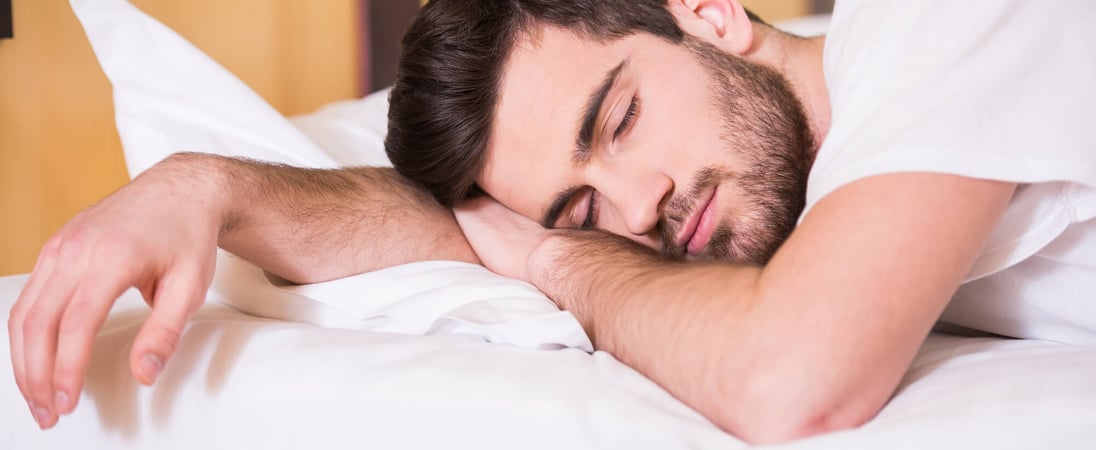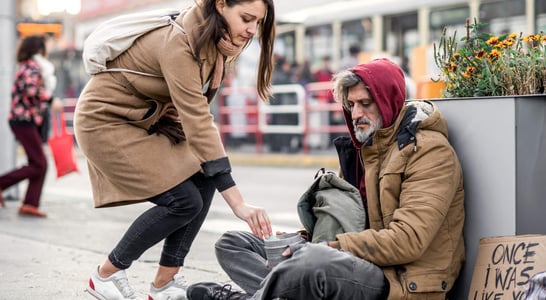
World Sleep Day
Resting your eyes, recharging your body, and dreaming of wonderful things are just a few reasons to love bedtime.
Sleep may seem like such a normal aspect of life that it might seem silly to even talk about it! It can be one of the most banal, underrated aspects of people’s lives.
But for those who have recurring sleep problems, getting enough sleep can be a real challenge and affect everything else in life.
World Sleep Day aims to consider and aid those who have sleep problems. It is useful for educating people all over the world about the importance of sleep, as well as changing the way people view and experience sleep by giving them valuable resources to help them in their daily lives.
How to Celebrate World Sleep Day
Enjoying World Sleep Day can be super easy! Just making some efforts to move toward healthy sleep can change life for the better. Consider these ways to give an intentional nod to the day:
Take a Nap
Celebrate World Sleep Day by doing the one thing everyone loves at the end of each day; sleep! Take the day off and sleep as long as you want. Or, in a less extreme manner, try grabbing a 20 minute power nap during a lunch break at work. If you feel refreshed afterward, it means that you needed it.
Practice Sleep Hygiene
Because children so naturally fall asleep when they are tired, adults may simply assume they should be able to do the same thing. But they often cannot! Just like taking care of the physical body (by showering or brushing the teeth), a person’s sleep routine may need a little bit of extra attention and care.
The process of sleep hygiene allows the brain and body to quiet themselves and prepare for a good night of sleep. This includes healthy habits and relaxation routines such as:
- Fixed bedtime and wake time: the circadian rhythms of the body work better when bedtime and wake time is the same each day
- Exercise: people who don’t have enough physical activity during the day may struggle to sleep at night, so be sure to take a brisk walk or practice other cardio several hours before bedtime
- Cut back on caffeine: as a stimulant, caffeine can make the mind and body active, so it’s best to avoid coffee, tea or other caffeinated beverages at least 6 hour prior to bedtime
- Room temperature: keep the bedroom between 60 and 67 degrees F or 16-19 degrees C
- Give 30 minutes for bedtime routine: instead of expecting to fall asleep right away, calculate half an hour to wind down with soft music, light stretching or reading a boring book
- Dim the lights: tell the brain it’s time to sleep by lowering the lights
- Unplug: At least 60 minutes prior to bedtime, turn off the computer, television, smartphone or other devices as the blue lights can interfere with good sleep rhythms
- Practice meditation: deep breathing and mindfulness practices before bed can help the brain to release the stress of the day which sets the stage for better sleep
Download a Sleep App
Those who are looking for help with their sleep can use a smartphone application to help out. Slumber, Calm, Sleep Cycle, and Reflectly are all committed to helping either soothe the brain toward sleep or to measure the sleeping rhythms during the night.
Participate in a Sleep Awareness Event
Donate to a sleep fundraiser on this day to help support more research into disorders such as sleep apnea and insomnia. Check for events in your local area or find an online sleeping foundation to get connected with.
Buy a New Mattress
Many people struggle with sleep problems due simply to a poor support structure during sleep. Use World Sleep Day as an excuse to see if buying a new bed would make a difference in sleep quality.
Some higher end mattresses (such as Sleep Number) make it possible to customize a mattress based on each individual’s needs.
Talk to a Sleep Professional
For those who believe they have a sleep problem, it is important to take the time to talk to a sleep professional. See if they would recommend a sleep test to make a diagnosis and ask what kind of sleep hygiene suggestions they have.
Share this day on social media and let your friends, family, and followers know how essential sleep can be for people everywhere.
History of World Sleep Day
Hosted since 2008, World Sleep Day is a global awareness act that celebrates sleep and aims to help those with serious sleep problems. Celebrated on the Friday before Spring Vernal Equinox of each year, this holiday has an annual 155 events held across the world and is participated by over 70 countries.
World Sleep Day focuses on various issues related to sleep, sleep medicine, education about sleep, and the social effects that sleep deprivation can have on everyday life. From mild to severe, sleep difficulties are a modern problem that may have the ability to hijack people’s entire lives if not kept in check.
According to the American Sleep Association, over 50 to 70 million people have some type of sleeping disorder, over 25 million have sleep apnea, and the most commonly reported sleep problem is insomnia (the inability to sleep at all or for a full night).
Organized by the World Sleep Day Committee of the World Sleep Society, this day began with a group of health professionals and providers who were studying in the area of sleep medicine and sleep research.
World Sleep Day aims to bring people together, whether everyday people or healthcare providers, to discuss sleep problems, help find solutions, and prevent sleep problems for those who don’t yet have them.
Doctors such as Liborio Parrino, MD, Italy and Antonio Culebras, MD, were the first co-chair members of World Sleep Day and aided in creating the World Sleep Society, a non-profit organization dedicated to helping fund research for ever-pervading sleep problems faced in the world today.
The World Sleep Society works with various news organizations to help them spread the word and report about the effects sleep can have on day-to-day life. It’s all about getting the word out and letting people know where to find help!
World Sleep Day FAQs
What’s the history of sleep as a scientific study?
The formal study of sleep began in the mid-20th century. In 1953, researchers discovered REM sleep, a major breakthrough. Since then, sleep science has evolved, linking sleep to brain activity, memory, and health.
Are there any unusual sleep-related festivals?
Yes, Japan’s Inemuri tradition celebrates “napping while present.” It symbolizes dedication, as people rest briefly in public to recharge.
How did ancient civilizations view sleep?
Ancient Greeks believed Hypnos, the god of sleep, lived in a dark cave surrounded by poppies. Dreams were messages from the gods.
How do astronauts sleep in space?
Astronauts sleep in tethered sleeping bags to avoid floating. Zero gravity often disrupts natural sleep cycles.
Are there unique bedtime rituals worldwide?
In Scandinavian countries, parents leave babies to nap outside, believing fresh air improves sleep and health. This tradition persists even in winter.
What are some bizarre historical sleep practices?
In pre-industrial Europe, people followed segmented sleep—two periods of rest with an hour of wakefulness in between. They used this time to pray, read, or even socialize.
What’s the role of sleep in folklore?
In Slavic folklore, nightmares were blamed on the mora, a supernatural being said to sit on sleepers’ chests and cause bad dreams.
Why do some people talk in their sleep?
Sleep talking happens during non-REM or REM sleep and is linked to stress, fever, or certain medications. It’s harmless but can be startling.
How do dreams inspire creativity?
Mary Shelley dreamt of Frankenstein before writing it. Dreams also inspired Salvador Dalí’s surreal paintings and Paul McCartney’s song “Yesterday.”
What’s the connection between sleep and laughter?
“Hypnogely” is a phenomenon where people laugh in their sleep. It’s rare and usually harmless, occurring during REM sleep.
Also on ...
View all holidaysNational Good Samaritan Day
Kind-hearted individuals shine, making a positive impact through selfless acts, emphasizing the beauty of compassion and generosity.
International Riesling Day
Discover the elegant harmony of crisp acidity and luscious sweetness in this renowned white wine varietal from Germany.
National Jewel Day
Sparkling treasures that captivate and enchant, jewels are a timeless expression of elegance and beauty, cherished for their radiance and allure.
We think you may also like...
National Drive-In Movie Day
Bring snacks and drinks, comfy blankets, and of course your car and go see a new or old favorite movie at your local drive-in, from the comfort of your car.








